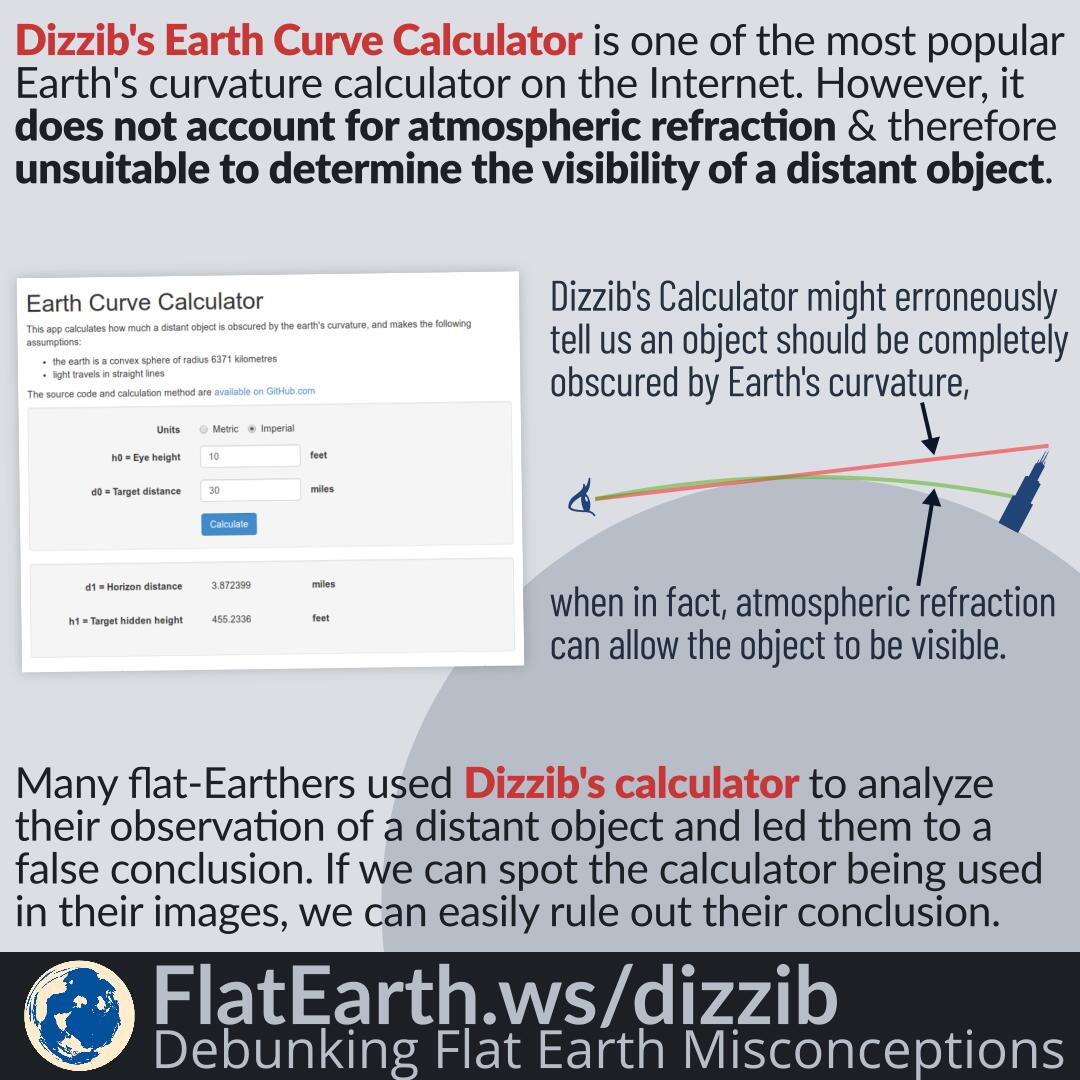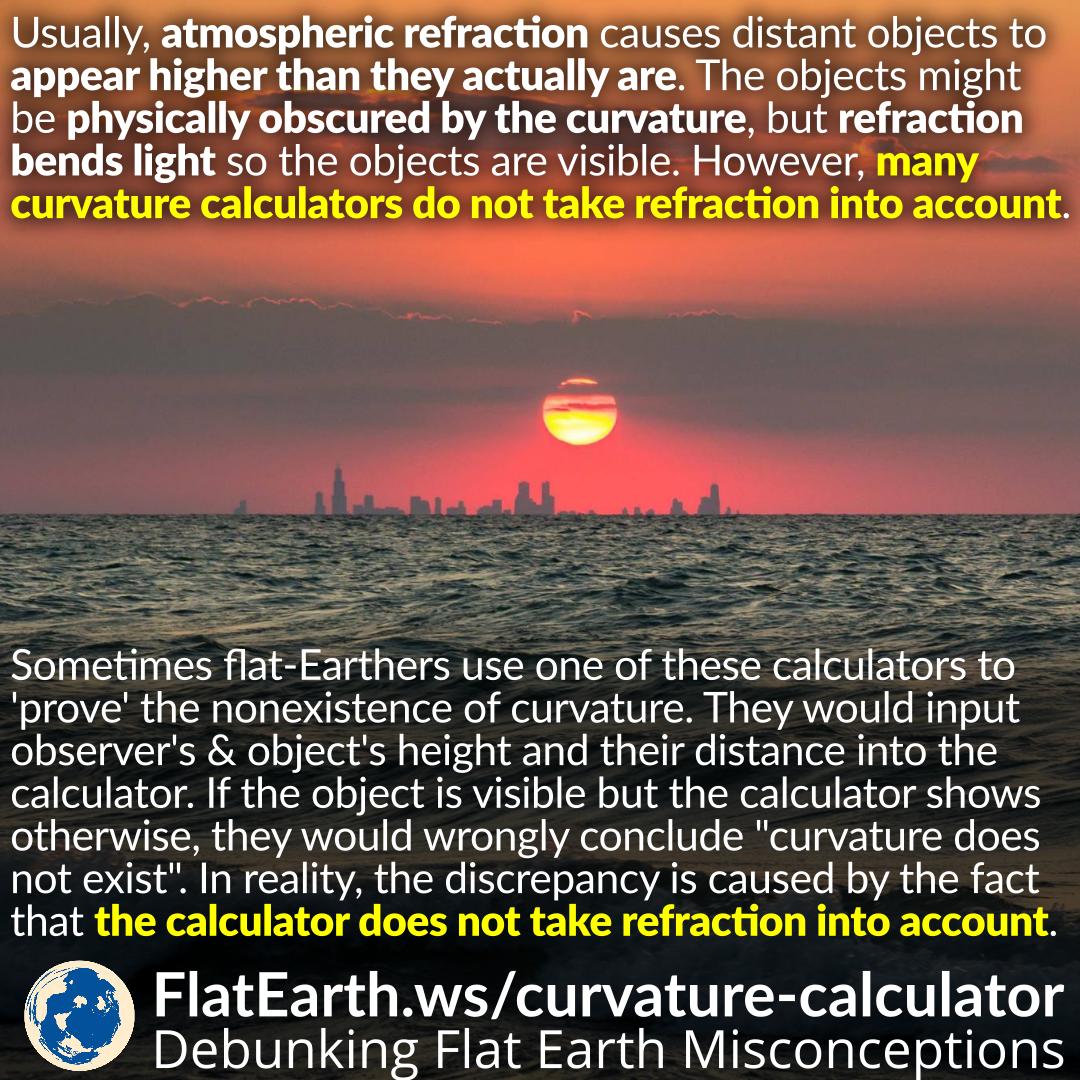To determine if an observation is consistent with the spherical Earth model, we can create simulations to understand the expected result, and then see if they match the actual observation.
Flat-Earthers like to reject the results of simulation as being unreal, not real-world observation. In reality, the simulations are presented not to dispute their observation, but to demonstrate that their observation is consistent with expectation if Earth is a sphere.




